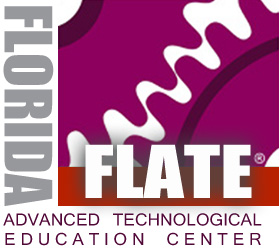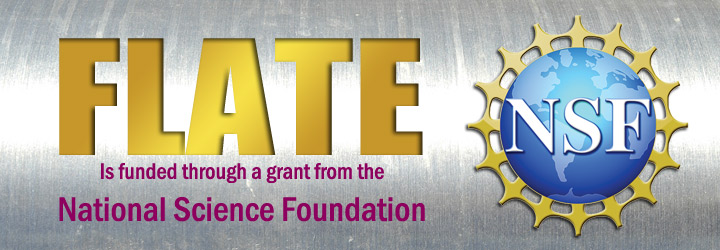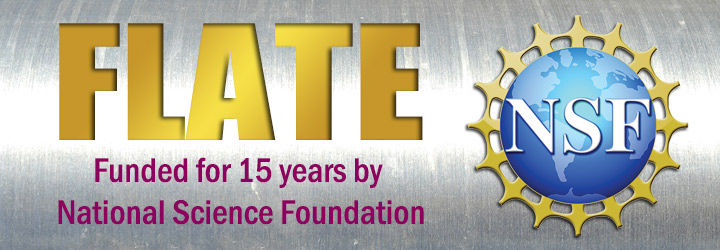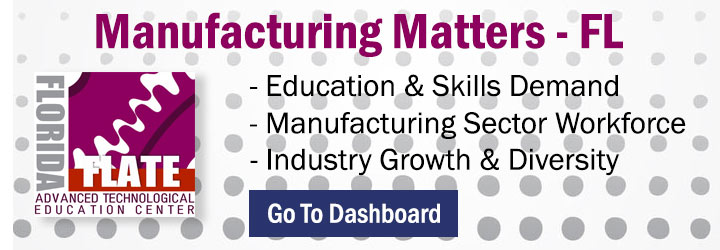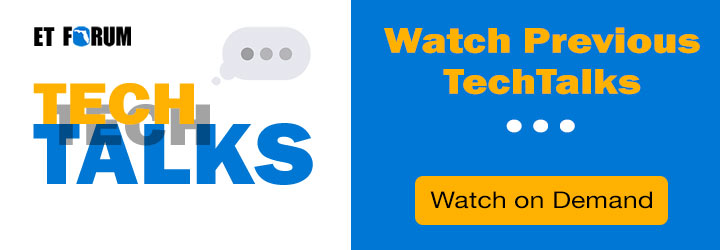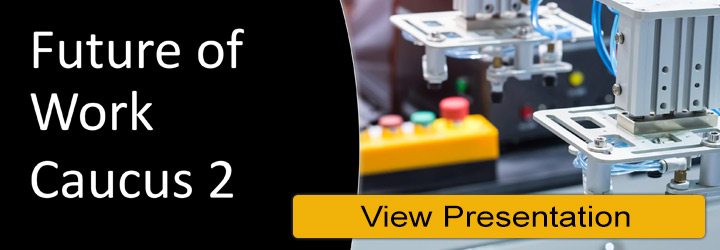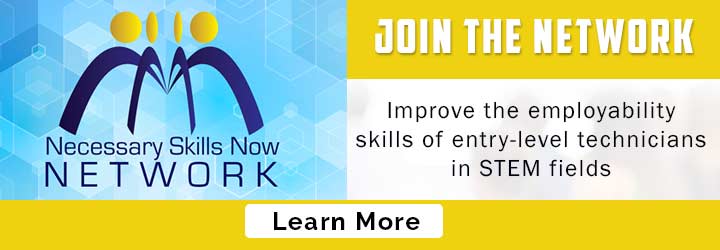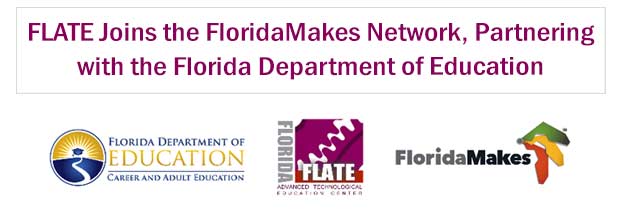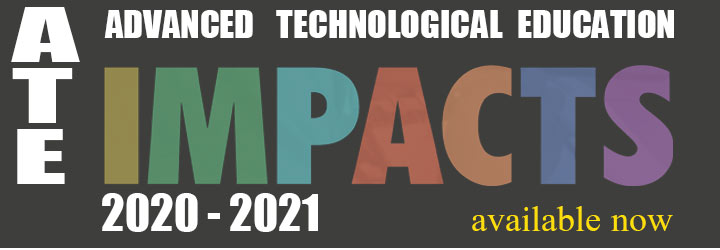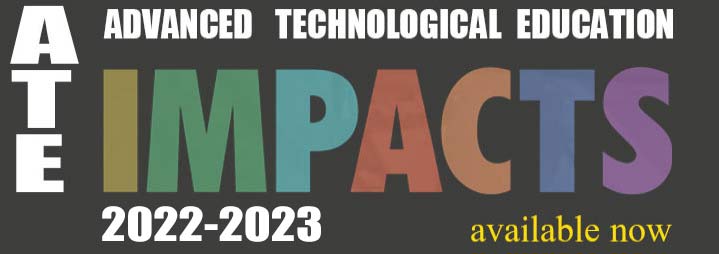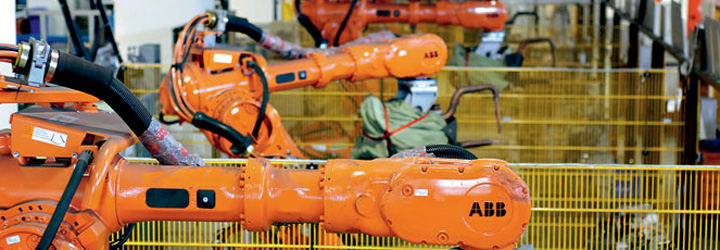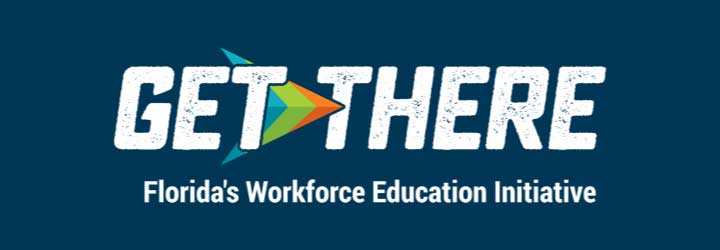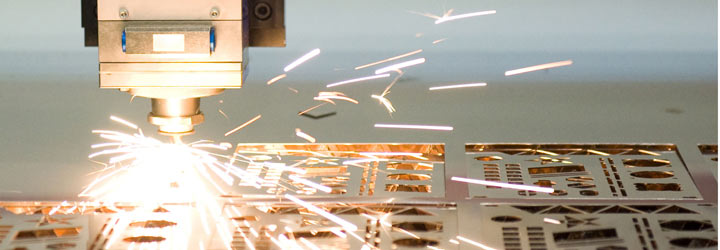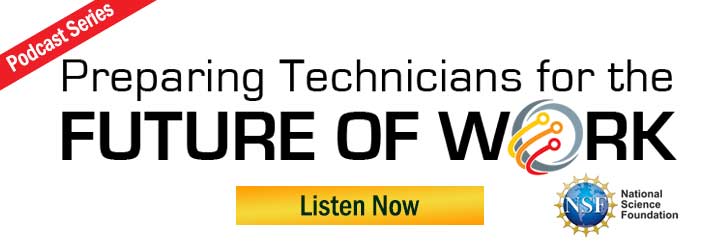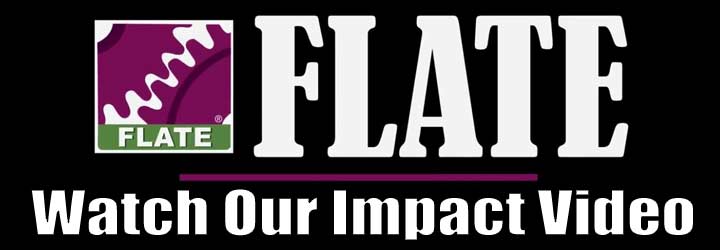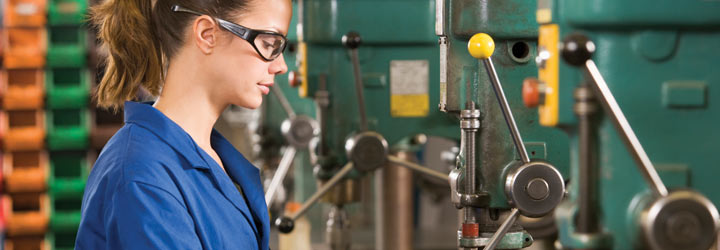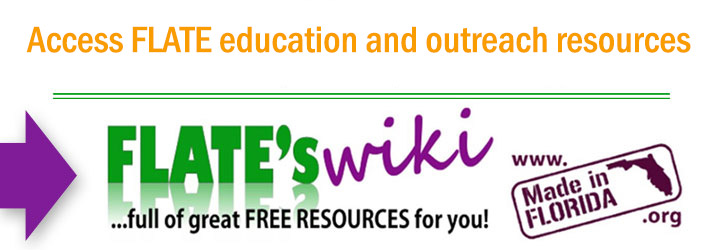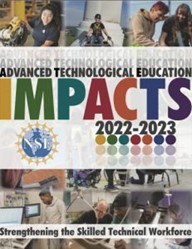FLATE Hosts Energy Workshop for Community Colleges
FLATE and the Banner Centers for Construction, Clean Energy and Energy, hosted the Florida Energy Systems Consortium (FESC), pre-summit energy workshop at Santa Fe College Center for Economic and Innovative Development, in Gainesville on September 26, 2011. The workshop served as a confluence for individuals from academia, industry and government to continue forging strong, lasting partnerships essential to move forward decisively toward a sustainable, energy efficient future for Florida.
At the workshop, Vesselka McAlarney of the Florida Agency for Workforce Innovation updated participants about the results of a statewide green jobs survey (funded in 2009 by the U.S. Department of Labor), as well as green jobs training skill gaps, from. Kathryn Frederick of the Florida Department of Education gave an Energy Cluster update followed by updates from the Banner Center and FLATE, provided by Colleen Kettles from the Florida Solar Energy Center, and Dr. Marilyn Barger, executive director of FLATE. Additionally, Tom Lane, president of Energy Conservation Services shared thoughts about his new book, “Solar Hot Water Systems – Lessons Learned 1977 to Today,” and shared his observations about the new teacher resource guide. These books were provided to educators free upon request.
Carol Higley from the Jacksonville Electric Authority and 2011 Co-Chair of the Florida Energy Workforce Consortium workshop led an informative and exciting session on “POWER UP! Preparing Florida’s Students for Tomorrow’s Economy through Partnerships.” College energy program updates followed, after which Kurt Morauer of the Banner Center for Construction talked about residential energy efficiency and weatherization. Dr. Tim Middlekoop, of the University of Florida’s Industrial Assessment Center, provided information on Industrial Energy Efficiency followed by a FLUKE demonstration and hands-on activity conducted by Mr. Ed Pucetas (Fluke Calibration).
Feedback received about the event and workshop was overwhelmingly positive. Faculty and teachers all enjoyed using the remote sensing equipment to visualize heat patterns and visualize temperature profiles in the meeting room. A similar event is planned for next year, as energy-related workforce and training needs continue to grow in Florida.
For information on FLATE-FESC projects visit www. https://fl-ate.org/projects/fesc-events.html. For information on FESC visit https://www.floridaenergy.ufl.edu/.
